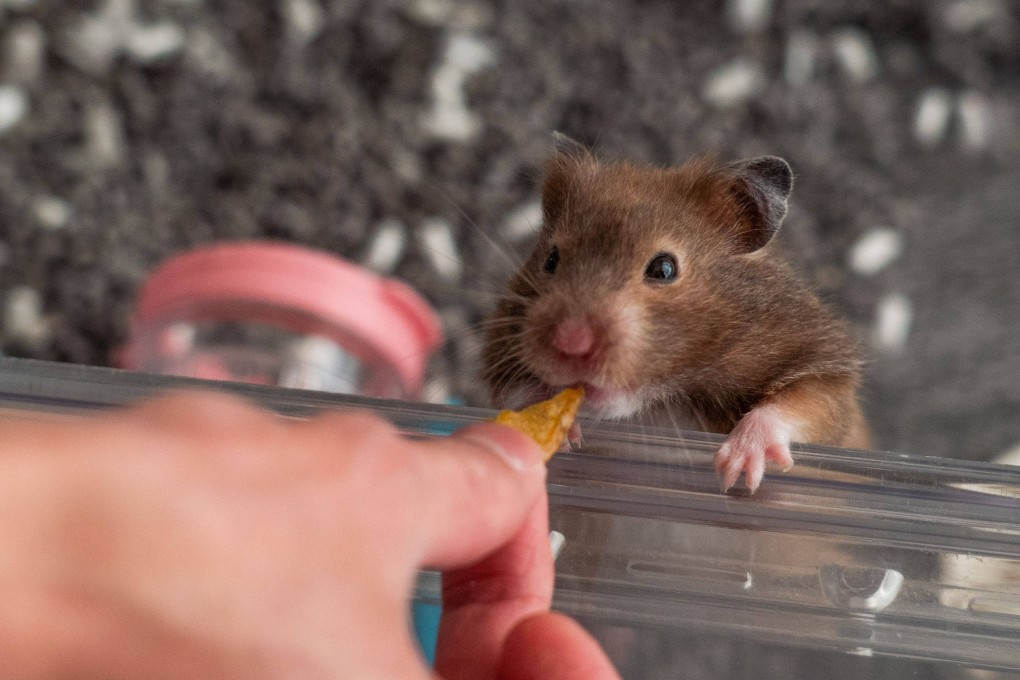Letters | Hong Kong’s hamster cull sends the message that pets are disposable
- Culling hamsters, which are considered companion animals, is not the same as culling chickens for epidemic prevention
- By telling people to hand over their hamsters to be euthanised, the government is casting them as ‘damaged goods’ to be returned. This adversely affects the public perception of animal rights

Studies suggest ferrets are highly susceptible to Sars-CoV-2 as well. New variants can arise in ferrets, which can spread the disease within their own species. How do people in the West deal with ferrets?
The Welsh government recommends those who own ferrets isolate them for 21 days if their owners are self-isolating and if the ferrets have recently returned with their owners from a foreign country. It has yet to recommend any culling measures.
A pet or companion animal is considered part of the family. This is not only a matter of emotional connections between owners and their pets but an ethical issue.
How does our society teach us what a “pet” is? The social norms on the treatment of companion animals follow deontological and rights approaches. From this perspective, all sentient beings – those that are conscious and can suffer – should be regarded as having basic rights and as being “persons”. Companion animals are not property but family based on our social teachings, and they have inherent value and rights.
